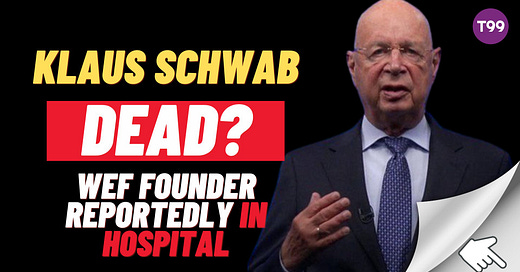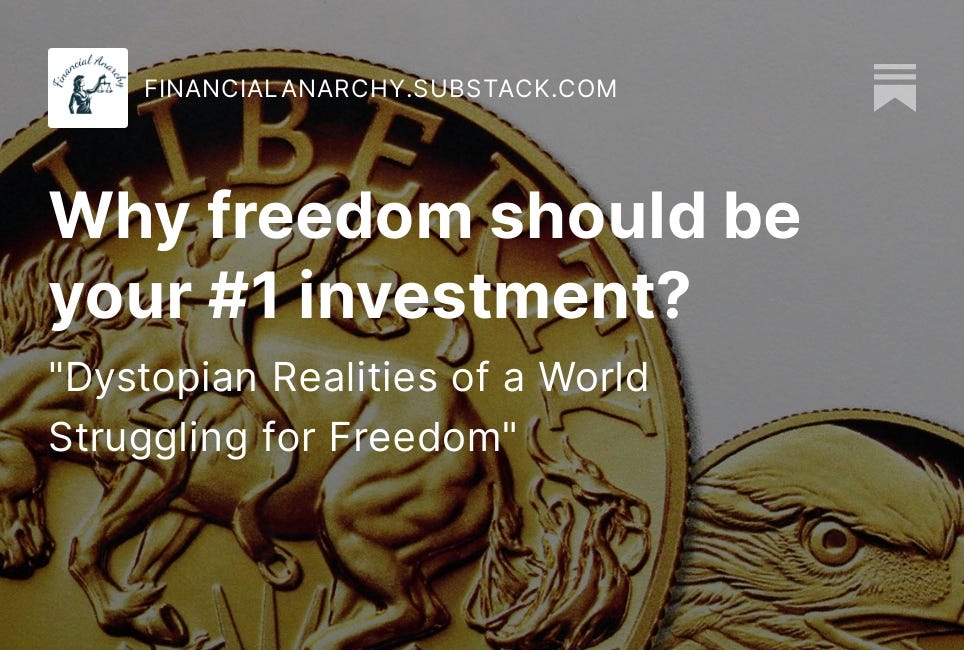Rumors circulated online regarding the alleged demise of Klaus Schwab, the founder of the World Economic Forum (WEF). Speculations varied, with some suggesting he had been rushed to the hospital while others claimed he had been deceased for years, or even that he existed as merely a head on an animatronic body. However, these rumors were swiftly debunked. The Associated Press confirmed Schwab's well-being, clarifying that he was alive and in good health. A spokesperson from the World Economic Forum reiterated this, dismissing the claims as baseless.
The incident sparked discussions about succession within the organization, especially given Schwab's recent declaration of the WEF as the trustees of the world during their annual meeting. Questions arose about who would fill Schwab's shoes when the time inevitably came. Politico's Playbook delved into this matter, interviewing over 20 sources within and outside the WEF. Concerns were voiced about the lack of a clear succession plan, with many describing Schwab's approach to the organization as akin to treating it as a family heirloom.
Despite the uncertainty surrounding Schwab's potential successors, one thing remains clear: the WEF's agenda, particularly its emphasis on artificial intelligence (AI), continues to gain momentum. The WEF launched a global initiative in 2021 to promote responsible AI, aiming to unlock economic value while ensuring ethical use. However, critics have raised valid concerns about the societal and environmental impacts of AI proliferation.
Why freedom should be your #1 investment?
"I'd like to share this with everyone who is striving to achieve substantial financial gains, navigating through one of the most formidable markets. We place bets, often challenging, and rely on extensive research to grow and safeguard the currencies we've worked hard to earn."
AI: The WEF's Strategic Imperative
Central to the WEF's agenda is the promotion of artificial intelligence as a catalyst for societal transformation. Recent initiatives, including the Global AI Alliance, underscore the WEF's commitment to harnessing AI's potential for economic growth and societal well-being. However, beneath the veneer of progress lies a nuanced narrative of hidden agendas and unforeseen consequences.
AI's Promise and Perils: Unveiling the Truth
While the WEF extols AI's promise of economic efficiency and societal benefit, critical voices caution against overlooking its inherent risks and unintended consequences. The integration of AI into various sectors, from industry to governance, raises concerns about job displacement, data privacy, and algorithmic bias.
The revelation of Amazon's reliance on human surveillance, masquerading as AI-driven technology, serves as a stark reminder of AI's ethical dilemmas and the human toll behind the facade of technological progress. As the WEF champions AI as a panacea for societal challenges, the reality of its implementation unveils a more complex reality, rife with ethical quandaries and socio-economic disparities.
The WEF's AI Agenda: Navigating the Path Forward
As the WEF charts its course into the AI-driven future, critical questions loom large. How can AI be harnessed responsibly to maximize societal benefits while mitigating its adverse effects? What safeguards must be put in place to ensure equitable access to AI-driven technologies and prevent exacerbating existing inequalities?
The WEF's AI agenda presents a double-edged sword, promising unprecedented opportunities for progress while posing significant risks to societal cohesion and individual autonomy. As global stakeholders navigate the complexities of AI governance and implementation, transparency, accountability, and ethical oversight emerge as imperative guiding principles.
Conclusion: Toward an Ethical AI Future
In the wake of revelations surrounding the WEF's AI agenda, a sobering reality emerges. While AI holds immense potential for societal advancement, its responsible deployment requires a concerted effort to address ethical, social, and economic considerations. As global citizens, we must scrutinize the narratives propagated by influential institutions like the WEF, holding them accountable for the ethical implications of their technological ambitions.
As we stand at the precipice of an AI-driven future, let us heed the lessons gleaned from the Schwab saga and the complexities of AI implementation. By fostering a culture of transparency, collaboration, and ethical stewardship, we can navigate the challenges posed by AI while harnessing its transformative power for the betterment of humanity.
Support Our Work with a Bitcoin Donation
We also offer the opportunity to support our work and help us continue building the Financial Anarchy community. If you would like to contribute, we gratefully accept donations in Bitcoin. Your support will enable us to create more educational content, engage in meaningful activism, and further our mission of challenging the status quo. To donate, please use the following Bitcoin address:
bc1qmzzj5lfhe5ghv2yh3tfgt3qcuycl3r6n4llrsk
Thank you for joining us on this journey of understanding and change. Together, we can shape a brighter financial future for all.










